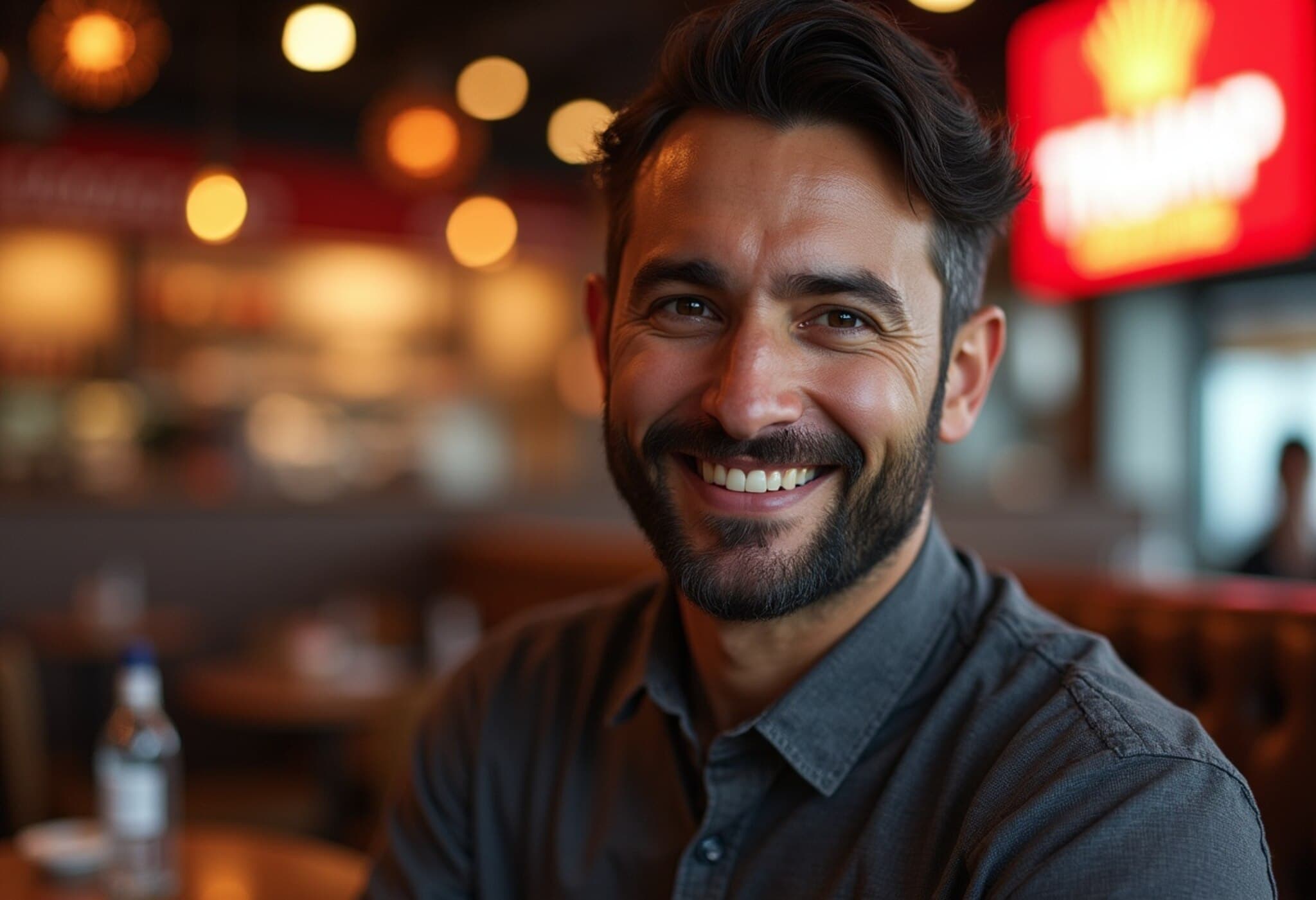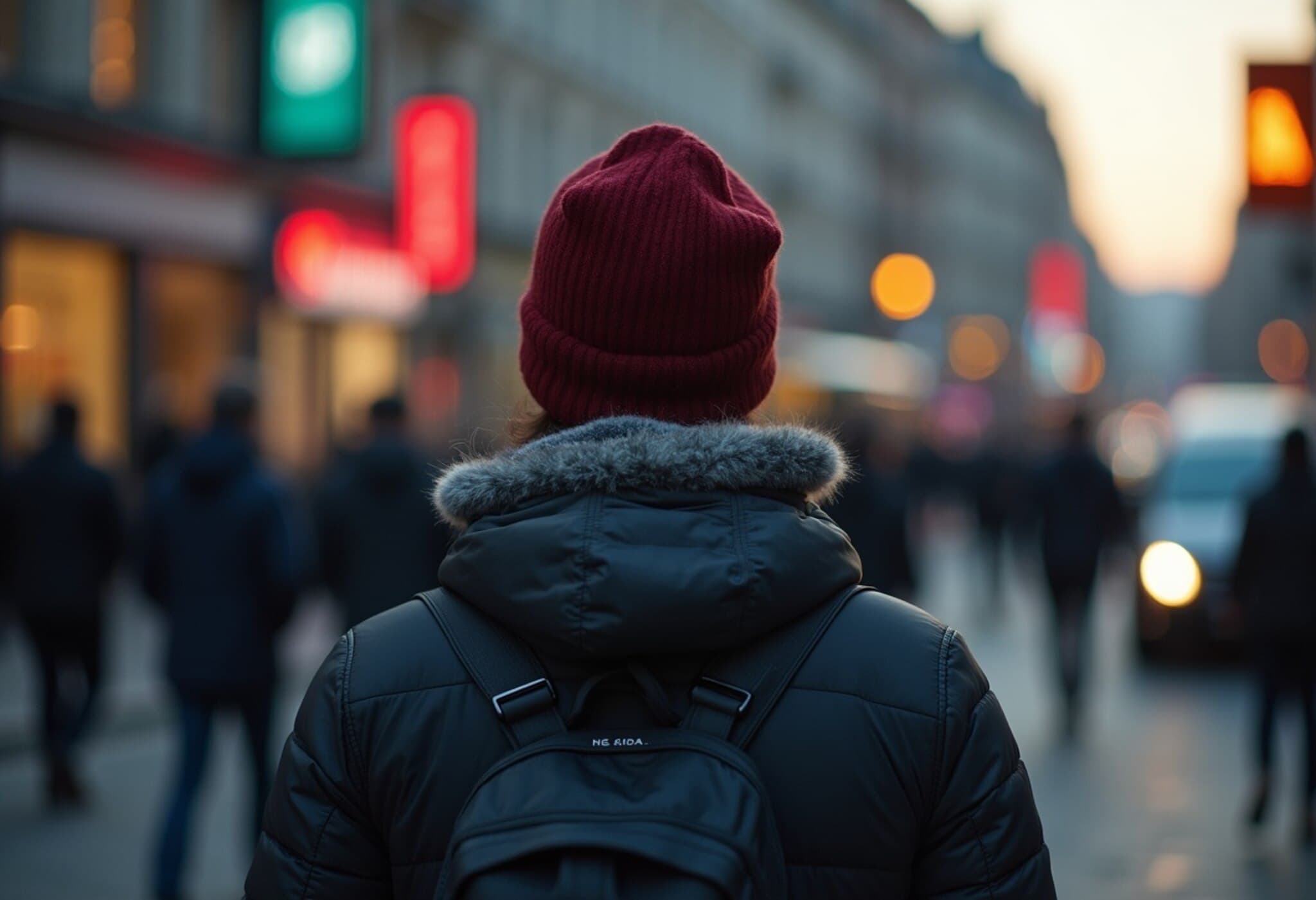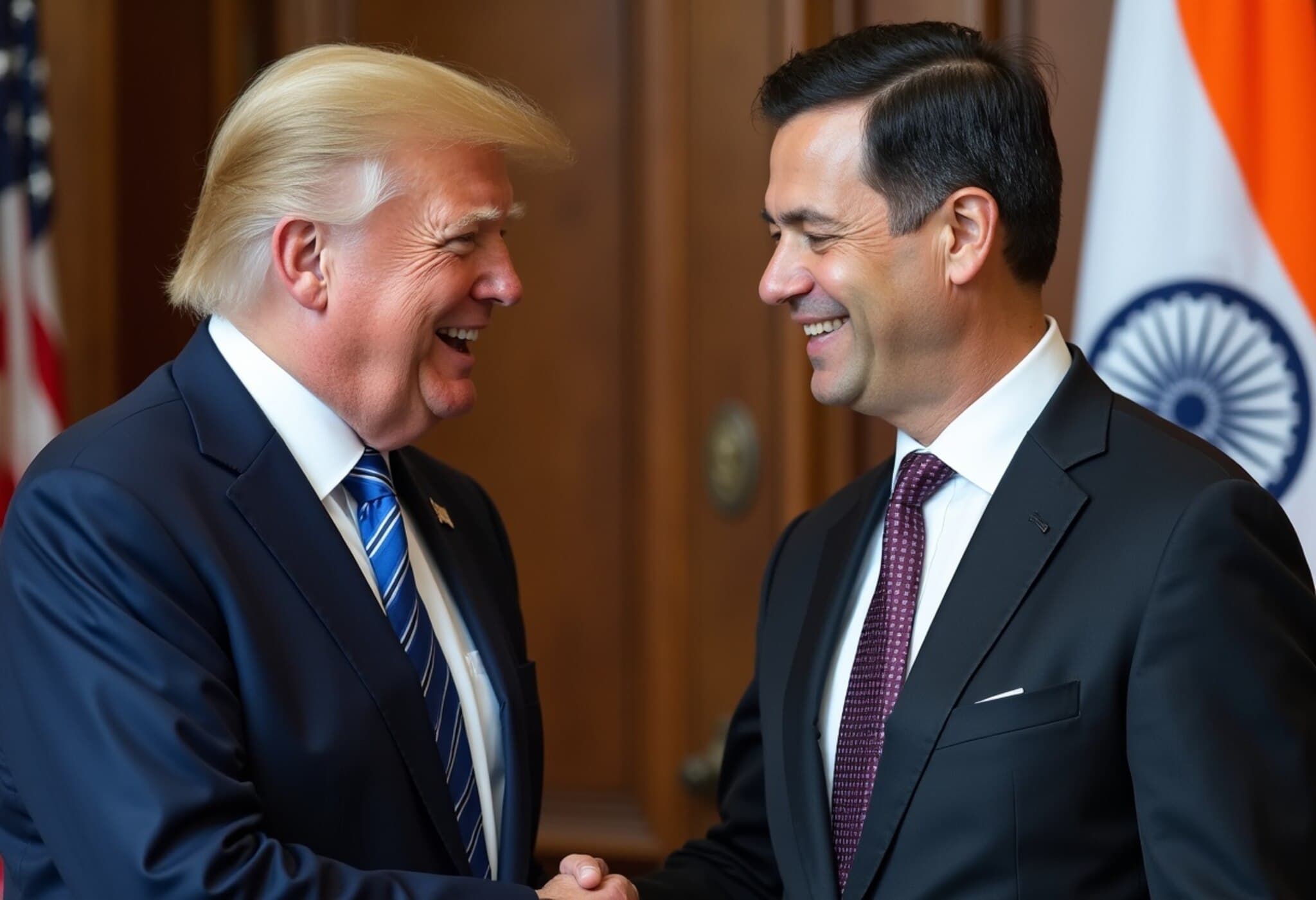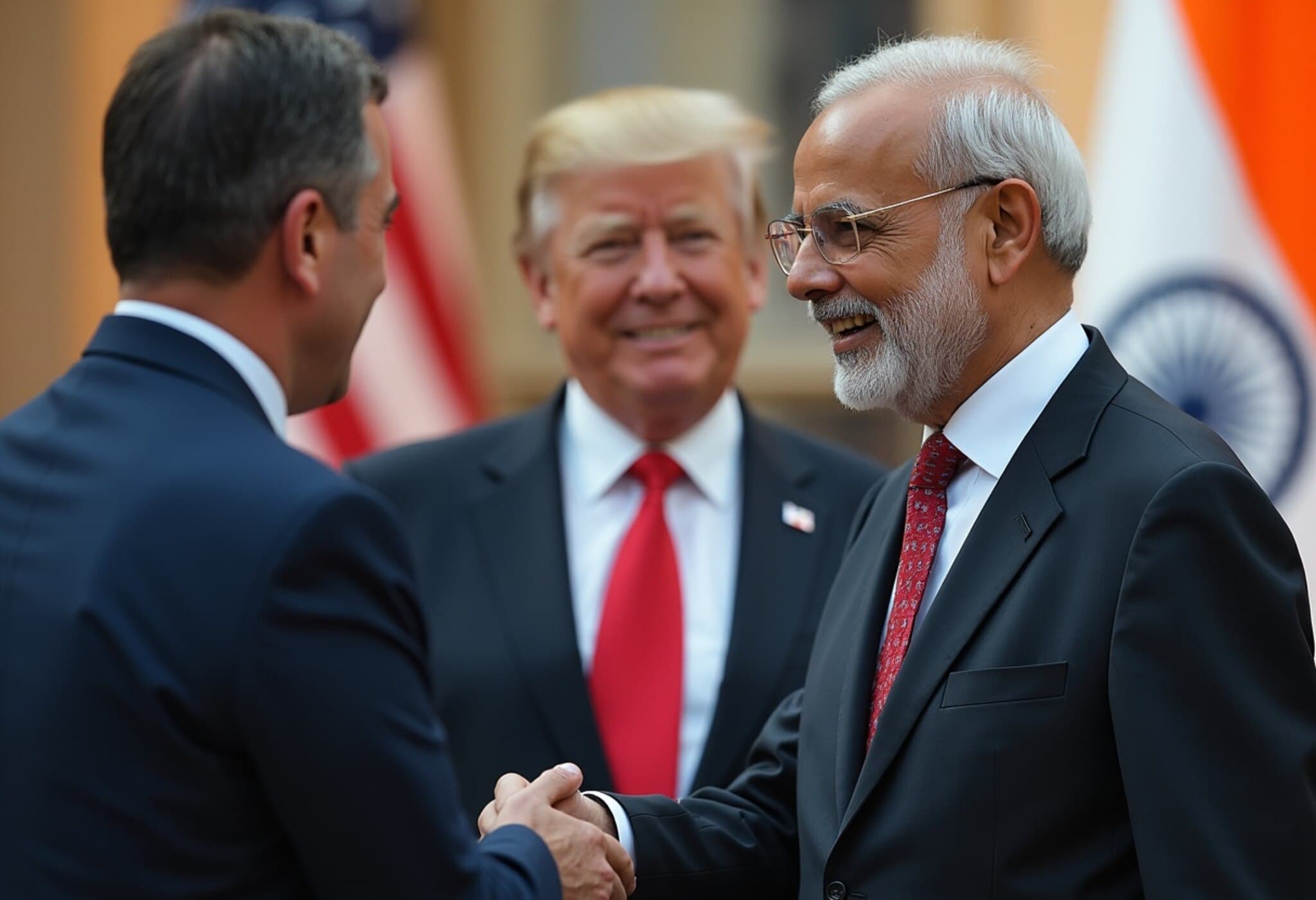US Homeland Security Proposes Overhaul to Student and Media Visa Policies
In a significant shift poised to impact millions of nonimmigrant visa holders, the US Department of Homeland Security (DHS) recently unveiled a proposal aimed at replacing the long-standing "duration of status" framework with fixed admission periods. This change targets key visa categories such as academic students (F visas), exchange visitors (J visas), and foreign media representatives (I visas).
The End of "Duration of Status" – What It Means
Under the current "duration of status" system, visa holders are generally permitted to stay in the United States for the entire duration of their educational or exchange programs, often without needing to renew their visa status during their stay—provided they comply with program conditions. This flexibility has been valuable for international students and professionals alike.
However, DHS officials argue that this system presents challenges in oversight and enforcement. According to the Notice of Proposed Rulemaking (NPRM) published by the US Immigration and Customs Enforcement agency, the present framework offers inspectors limited avenues to verify whether visa holders are adhering to their authorized activities.
Key Proposed Changes and Their Implications
- Fixed Admission Periods: Visa holders would now have predetermined stay durations linked directly to their initial admission dates, replacing the indefinite “duration of status.”
- Extension of Stay (EOS) Requirement: To remain beyond their fixed admission period, nonimmigrants must formally apply for extensions with DHS, increasing administrative oversight.
- Maximum Stay Limits: The proposal sets a four-year cap for F and J visa holders, ensuring a finite timeframe for academic and exchange programs.
- Shortened Grace Period: For F-1 student visas, the post-completion grace period would be cut from 60 days to 30 days, tightening the window for post-study activities like seeking employment or preparing for departure.
- Restrictions on Program Switching: Graduate-level F-1 visa holders would face limitations on changing academic programs mid-course, aiming to curb potential exploitation of visa flexibility.
- I Visa Adjustments: Foreign media representatives with I visas would encounter a 240-day stay limit, with certain exceptions, particularly concerning applicants from China.
Why Now? The National Security and Oversight Perspective
DHS highlights its concerns over fraud, misuse, and national security risks associated with lenient visa policies, especially given the massive scale of international admissions. In 2023 alone, over 1.6 million F-1 students, more than 500,000 J visa holders, and upwards of 32,000 I visa holders were recorded. The agency frames these reforms as necessary to strengthen immigration system integrity and to align these categories with other nonimmigrant visa classes that currently utilize fixed admission periods.
This approach would allow immigration officers to periodically verify nonimmigrants’ compliance with their visa conditions and US laws, potentially shrinking avenues for overstays and unauthorized activities.
Analyst Commentary and Broader Implications
Experts warn that while enhanced oversight can bolster national security, these changes may also introduce complexities and uncertainties for international students and professionals. The shortened grace period and limits on program changes could disrupt academic and career plans, particularly amid evolving global education trends.
There are concerns that tighter restrictions may deter talented individuals from choosing the US for study or professional exchange, possibly affecting universities and the media landscape economically and culturally. Additionally, the increased administrative burden for extensions could slow down processes and push visa holders into more precarious legal positions if timing and documentation are not impeccably maintained.
From a policy viewpoint, this proposal reflects the ongoing US immigration debate balancing openness with security—a tightrope that impacts diplomacy, economic leadership, and America's global image as a destination for opportunity.
Looking Ahead: What Should Visa Holders Do?
As this rulemaking process unfolds, affected individuals should closely monitor DHS announcements and seek guidance from university international offices or immigration attorneys. Preparing ahead for potential changes in visa validity periods and renewal procedures will be essential to avoid unintended violations.
Editor's Note
This proposed DHS overhaul signals a fundamental rethinking of how nonimmigrant visas are managed, especially for students and media personnel vital to US academic and information exchange ecosystems. While enhancing oversight sounds prudent from a national security lens, the implications for the hundreds of thousands of affected individuals worldwide are complex and multifaceted. Observers and stakeholders should watch how this policy balances safeguarding borders with maintaining America’s tradition as a magnet for global talent and ideas.











